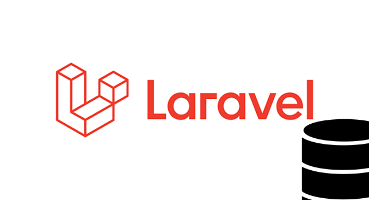
How to generate customized Json data using resource in Laravel with some additional information?
In Our previous tutorial we have seen how to generate customized Json data in which we had generated 2 field values from
Usertabel of database.
Now, Assuming Requirement: I need a json data of User Table along with below aditional data like
- Virsion
- attribution
- valid_as_of
- If i need
Virsion,attributionandvalid_as_of, attribiutes in my Json Object. what would i do then...
We will add with(){} function with additional data in our User class as shown below:
- Lets see where i will make Changes in code.
NOte: Make sure you have Resourec folder with User class under
<Your-app>\app\http\Resources
<?php
namespace App\Http\Resources;
use Illuminate\Http\Resources\Json\Resource;
use Illuminate\Support\Facades\Log;
class User extends Resource
{
/**
* Transform the resource into an array.
*
* @param \Illuminate\Http\Request $request
* @return array
*/
public function toArray($request)
{
return [
'name' => $this->name,
'email' => $this->email,
'profile' => url('/user/'. $this->id . '/'),
];
}
public function with($request){
return [
'version' => '2.0.0',
'attribution' => url('/terms-of-service'),
'valid_as_of' => date('D, d M Y H:i:s'),
];
}
}
<?php
use App\User;
use App\Http\Resources\User as UserResource;
Route::get('/', function () {
return view('welcome');
});
Route::get('/json', function () {
$users = User::first();
return new UserResource($users);
});- Here my Application is
'demo-app'and its virtual host url ishttp://demo-app/. So i will open browser and hit:http://demo-app/jsonand see tha magic of LARAVEL RESOURCES
My basic recommendation for learning : Eloquent: API Resources
MotoShare.in is your go-to platform for adventure and exploration. Rent premium bikes for epic journeys or simple scooters for your daily errands—all with the MotoShare.in advantage of affordability and ease.


